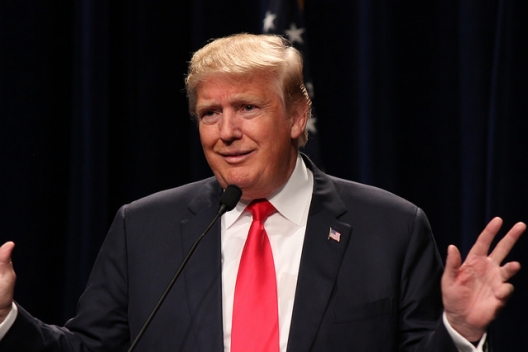 Perhaps it would help, given recent events in U.S. politics, to review the rationale for U.S. security commitments to allies in Europe and the Far East.
Perhaps it would help, given recent events in U.S. politics, to review the rationale for U.S. security commitments to allies in Europe and the Far East.
The 20th century taught that our national security is inconsistent with the hegemony of a hostile power over either of those strategic regions. Preventing that might be expensive, but doing so collectively, through U.S.-led transpacific and transatlantic political-military structures, is affordable and far more cost-effective than isolationist or unilateral alternatives.
What’s held these alliances together over the past seven decades or so has not been U.S. nuclear weapons or conventional might, or U.S. money, but U.S. political consensus — a shared belief across our society that the benefits of the U.S.-Japan defense treaty, the North Atlantic Treaty Organization, U.S. bases in Korea and other institutions outweigh the costs and risks….
Today, the case for those alliances remains valid, given the aggressive postures of both Russia and China, and the threat of terrorism.
Yet the U.S. political consensus on which they ultimately rest is eroding — to the point where a major-party candidate for president finds it advantageous not to assuage public ambivalence about collective security, but to weaponize it, politically.
Republican Donald Trump’s disparagement of U.S. alliances as one-sided “deals” that benefit wealthy free-riding allies, coupled with his equally blithe apologia for Russian strongman Vladi-mir Putin, is therefore no ordinary campaign tempest, but a historic event….
Trump’s success might encourage more politicians to put U.S. alliances in play as a domestic issue, within both parties, whether he wins the White House or not….
Charles Lane is a Post editorial writer specializing in economic and fiscal policy, a weekly columnist, and a contributor to the PostPartisan blog.
Image: Donald Trump, Jan. 9, 2016 (photo: Evan Guest)
